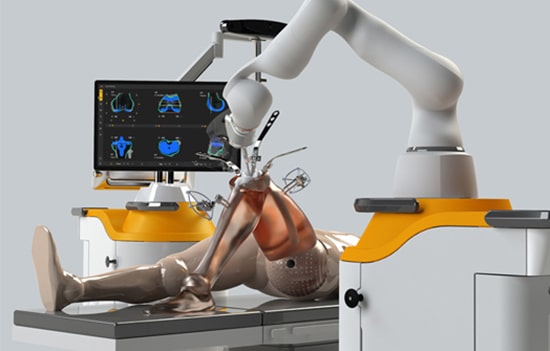After knee replacement surgery, it is important to take certain precautions to ensure proper healing and avoid complications. Here are some general precautions to follow:
- Follow your doctor’s instructions: Your doctor will provide specific instructions for your postoperative care, including wound care, medication, physical therapy, and activity restrictions. It is important to follow these instructions closely.
- Manage pain: Pain is common after knee replacement surgery, but it can be managed with medication and other techniques. It is important to take pain medication as prescribed and notify your doctor if your pain is not well-controlled.
- Prevent blood clots: After knee replacement surgery, you are at risk for developing blood clots in your legs. Your doctor may prescribe blood-thinning medication or recommend other measures to prevent blood clots, such as compression stockings or leg exercises.
- Use assistive devices: You may need to use crutches, a walker, or other assistive devices to help you walk and avoid putting too much weight on your new knee.
- Avoid certain activities: Your doctor will provide guidelines for when you can resume certain activities, such as driving or returning to work. You should avoid high-impact activities, such as running or jumping, and be cautious when bending or twisting your knee.
- Attend physical therapy: Physical therapy is an important part of the recovery process after knee replacement surgery. Your physical therapist can help you regain strength and flexibility in your knee, as well as teach you exercises to help prevent complications.
- Monitor for signs of infection: It is important to monitor your incision site for signs of infection, such as redness, swelling, or drainage. Notify your doctor if you notice any of these symptoms.
It is important to follow your doctor’s instructions and attend all follow-up appointments after knee replacement surgery to ensure proper healing and prevent complications.



